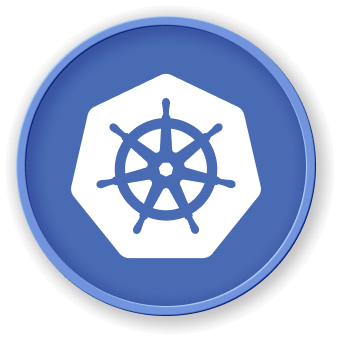Optimizing Kubernetes Logging Practices
As your Kubernetes-based applications grow in complexity, it becomes increasingly important to optimize your logging practices to ensure efficient log management, improved troubleshooting, and enhanced observability. In this section, we will explore various techniques and best practices for optimizing Kubernetes logging.
Structured Logging
Structured logging is a powerful approach that enhances the readability and processability of your logs. By using a structured format, such as JSON, you can include additional metadata and context within your log entries, making them more valuable for analysis and troubleshooting.
{
"timestamp": "2023-04-18T12:34:56.789Z",
"level": "error",
"message": "Database connection failed",
"container_id": "abc123",
"pod_name": "my-app-pod",
"namespace": "my-app"
}
Log Levels and Verbosity
Effectively managing log levels and verbosity is crucial for maintaining a balance between the amount of information logged and the performance impact on your applications. Utilize different log levels (e.g., debug, info, warn, error) to control the level of detail captured in your logs.
## Set the log level for a specific container
kubectl logs my-pod -c my-container --v=4
Log Rotation and Retention
Implement a robust log rotation and retention strategy to ensure that your logs do not consume excessive storage space and remain accessible for the required duration. Configure the Kubelet's log rotation settings and integrate with your logging backend's retention policies.
## Kubelet log rotation configuration
kubeletConfiguration:
logRotationMaxSize: 100Mi
logRotationMaxFiles: 5
Logging Best Practices
To further optimize your Kubernetes logging practices, consider the following best practices:
- Consistent Logging Format: Ensure that all your applications and components use a consistent logging format, making it easier to aggregate and analyze logs.
- Correlation Identifiers: Include correlation identifiers, such as request IDs or transaction IDs, in your logs to facilitate end-to-end tracing and troubleshooting.
- Logging Sampling: Implement intelligent logging sampling techniques to reduce the volume of logs without sacrificing critical information.
- Logging Sidecars: Use logging sidecar containers to decouple logging concerns from your application containers, improving maintainability and flexibility.
By following these optimization practices, you can enhance the overall efficiency, manageability, and value of your Kubernetes logging ecosystem, enabling better observability and faster issue resolution for your Kubernetes-based applications.



